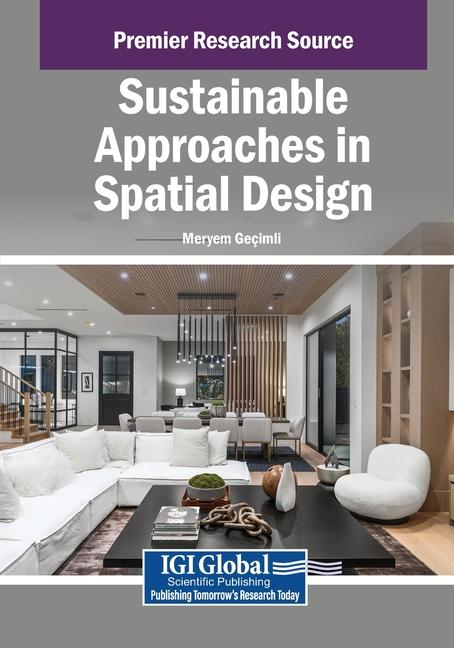Description
Sustainability attracts the attention of spatial design disciplines and other academics. The spatial design and structural activities of sustainability have three main sections, which are ecological, economic, and socio-cultural sustainability. These sections take into account factors such as the life cycle of people and materials, the influence of different lifestyles, and energy consumption. The insights from sustainability have important implications for housing models that balance flexibility, sustainability, and cultural relevance. Sustainable Approaches in Spatial Design explores the shifting changes in the dynamics of and environmental concerns surrounding the rapid increase in urbanization. It highlights the need for mindful consumption in diverse geographical and socio-economic settings to support global sustainability. Covering topics such as cost-effective sampling, greenhouse gas (GHG), and daylight calculation methods, this book is an excellent resource for architects, urban planners, policymakers, sustainability experts, engineers, economists, sociologists, professionals, researchers, scholars, academicians, and more.
Last updated on
Product Details
- Jun 20, 2025 Pub Date:
- 9798337301754 ISBN-10:
- 9798337301754 ISBN-13:
- English Language




